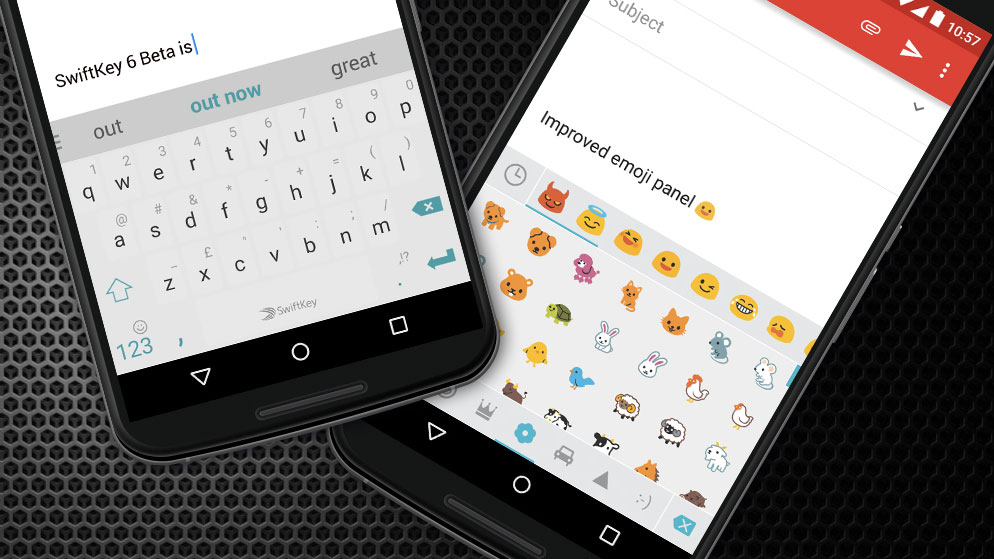Microsoft is officially buying SwiftKey, slowly taking over your phone
If you can't beat them with Windows 10 Mobile, buy them

Update: Microsoft now officially owns SwiftKey, so our story has been updated to confirm the initial report.
Microsoft's Windows 10 Mobile efforts are off to a slow, almost non-existent start, so it's instead methodically taking over your current phone with another software acquisition.
SwiftKey, the predictive keyboard developer, is being scooped up by the Redmond company, confirmed its official blog post. The deal is worth for $250 million (about £173m, AU$356m), adds the Financial Times.
The London-based startup's advanced autocorrect and next word suggestion research have made its app popular on Androids and, more recently, the iPhone and iPad. But its sustainability has been questioned.
The SwiftKey app became free with paid upgrades on both platforms when it launched for iOS 8 in 2014. Meanwhile, its chief rival, Swype, has remained higher at the top of app download charts.
The company won't revert back to charging users, "Our apps will continue to be available on Android and iOS, for free," said SwiftKey cofounders Jon Reynolds and Ben Medlock in a statement.
"We are as committed as ever to improving them in new and innovative ways," they added, without going into further detail.
Sign up for breaking news, reviews, opinion, top tech deals, and more.
Microsoft's sneaky AI bid
Microsoft's interest in SwiftKey is said to be a play for artificial intelligence, not simply a bid for the app extension on over 300 million iOS and Android devices. It's bigger than that.
The push for AI has become heated among Google, Apple and other tech firms. Moreover, we know that Microsoft has been experimenting with new, crazy-looking keyboard apps on rival handsets.
This is hardly the first mobile-focused software acquisition for Microsoft, either. It's picked up the email app Acompli, to-do list Wunderlist and calendar app Sunrise, all for the benefit of Outlook.
Windows 10 Mobile phones may not be selling well, but Microsoft's smart app suite presents an attractive alternative to preloaded software. It's slowly becoming entrenched in our existing devices.
- Reviews: Microsoft Lumia 950 and Lumia 950 XL
